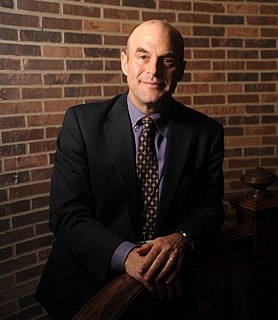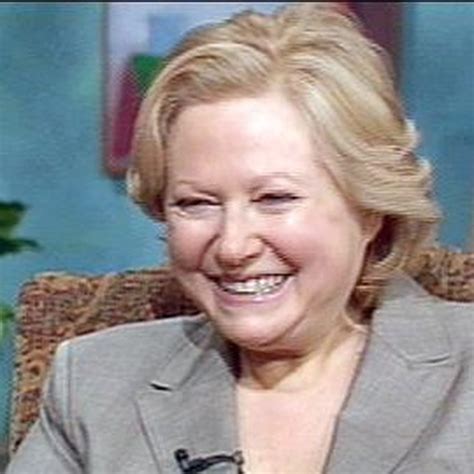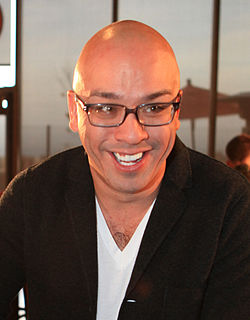A Quote by Louise Hay
I monitor my self-talk, making sure that it is uplifting and supportive of myself and others.
Related Quotes
Leadership has to be focused on some very radical ideas that only we as 21st Century people can talk about: making sure people have a livelihood, making sure people receive a living wage, making sure the environment, the Mother Earth, is embraced and cherished and not destroyed. Making sure people are healthy in what they eat, making sure we hold people and corporations accountable for the damage they do not only to our environment but to our institutions.
Another way to put an end to self-rejection is ask yourself whether what you're telling yourself is what a friend would say, or what an enemy would. Friends are supportive. Enemies put us down and undermine our confidence. So if you say something that an enemy would say, stop. Answer back, 'I'm going to be supportive of myself. As a friend, what I have to say to myself is . . .' Then say something supportive.
Making promises to myself, in my personal writing practice, has been important to me all my life. In practical application it is so much easier for me to make promises to others, and keep them, than it is to make promises to myself. "Why is that?" and the answer I gave myself is that in making promises to others I create a model of accountability and reinforcement. I duplicate that in my writing and have grown increasingly better at making and keeping promises to myself.
Making sure every child can read, making sure that we encourage faith-based organizations ... when it comes to helping neighbors in need, making sure that our neighborhoods are safe, making sure that the state of Texas recognizes that people from all walks of life have got a shot at the Texas dream but, most importantly, making sure that government is not the answer to people's problems.
The real "haves" are they who can acquire freedom, self-confidence, and even riches without depriving others of them. They acquire all of these by developing and applying their potentialities. On the other hand, the real "have nots" are they who cannot have aught except by depriving others of it. They can feel free only by diminishing the freedom of others, self-confident by spreading fear and dependence among others, and rich by making others poor.
I've learned through the years how to base my identity and sense of self-worth on myself and not others. I've learned the most critical tool of all: self-love. Now, if it doesn't work out with someone, sure, I'll be hurt. But I'll be bruised, not broken. And I may lose my balance, but I won't be wiped off my feet.



































